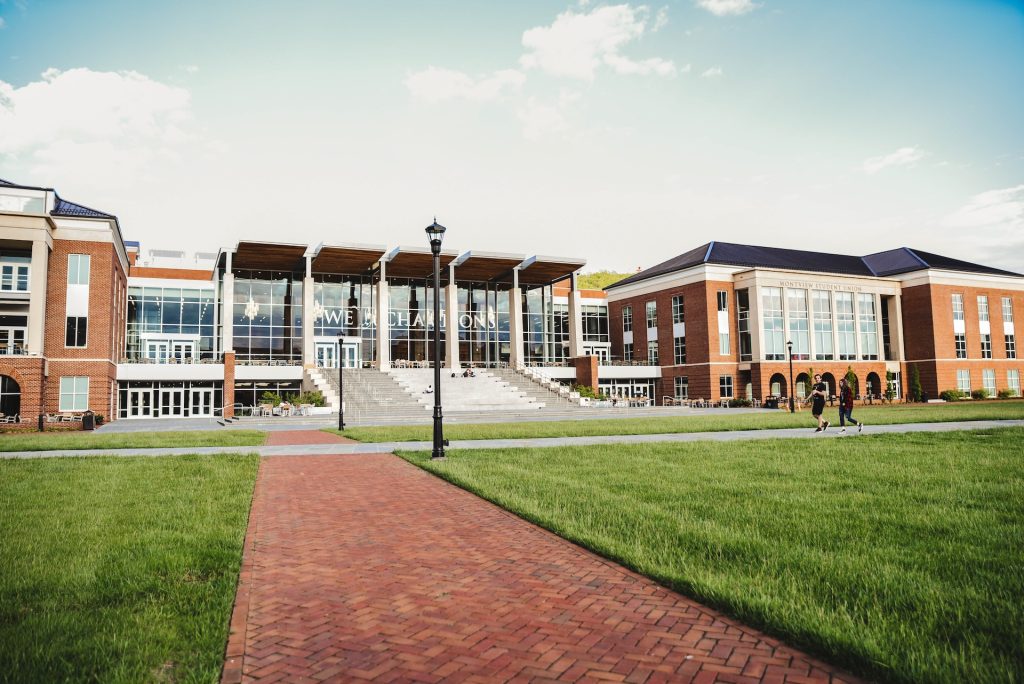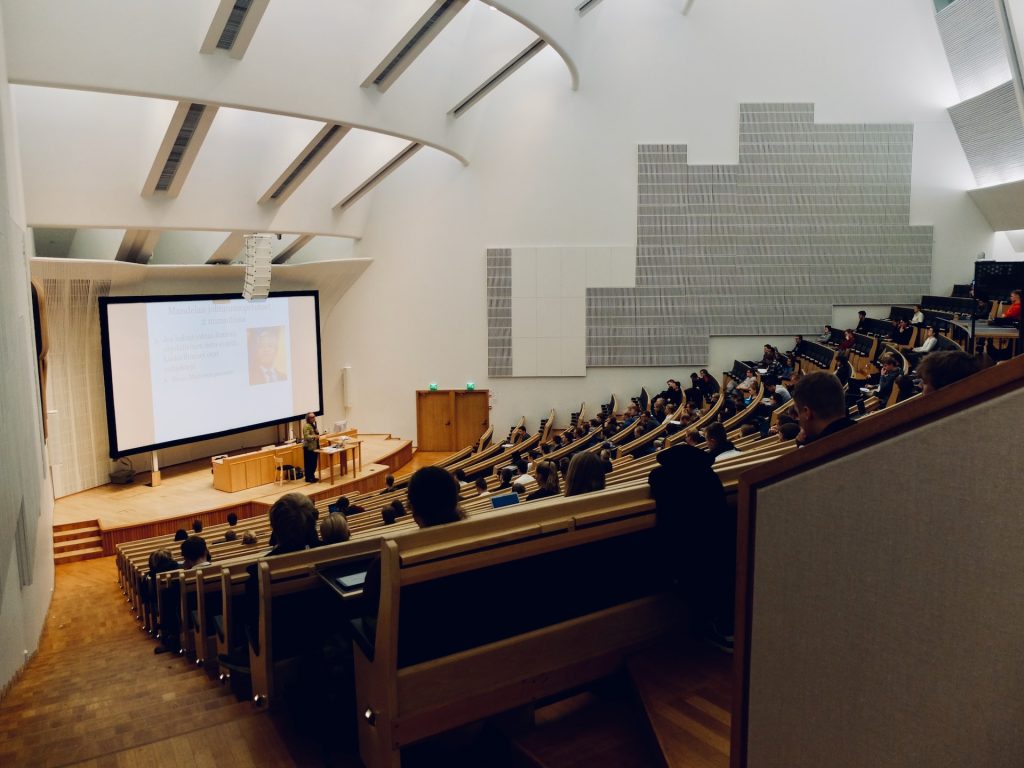Education, the foundation of society’s progress and enlightenment, has a rich and intriguing history. From the humble beginnings of ancient schools to the bustling halls of modern universities, the story of education is a testament to human curiosity and the thirst for knowledge. In this blog post, we will embark on a journey through time to explore the origins of schools and universities, the evolution of education, and the fascinating individuals who paved the way for generations of scholars.

The Dawn of Education: Ancient Schools and Sages
The history of education is a tapestry woven with the threads of ancient civilizations. One of the earliest recorded institutions of learning is the Edual School of Nippur, dating back to around 2000 BCE in ancient Mesopotamia (modern-day Iraq). The Edual School focused on subjects like writing, mathematics, and religion, serving as a cornerstone for early education.
In ancient Egypt, scribal schools trained individuals to become scribes, responsible for recording and preserving knowledge. These institutions played a crucial role in the cultural and administrative development of the civilization.
Greece: The Cradle of Western Education
Ancient Greece holds a special place in the history of education. The Greeks believed in the pursuit of knowledge and the development of the mind, and they established some of the earliest educational institutions.
The Academy in Athens, founded by Plato around 385 BCE, was one of the most renowned schools of its time. It focused on philosophy, mathematics, and other intellectual pursuits, fostering a culture of critical thinking and inquiry.
The Lyceum, established by Aristotle in 336 BCE, was another prominent school in Athens. Aristotle’s teachings covered a wide range of subjects, from philosophy and ethics to biology and politics, influencing generations of scholars.
The Medieval Schools: Preserving and Translating Knowledge
During the Middle Ages, education was primarily associated with the clergy and the church. Monasteries served as centers of learning, where monks meticulously copied and preserved ancient manuscripts.
The University of Bologna, founded in 1088 in Italy, is often considered the world’s first university. It was known for its emphasis on law and laid the foundation for the modern university system.
The University of Paris, established around 1150, became one of Europe’s leading centers of theological and philosophical study. It attracted scholars and thinkers from across the continent, making it a hub for intellectual exchange.

The Renaissance and the Modern University
The Renaissance period, beginning in the 14th century, marked a revival of interest in learning and the arts. It paved the way for significant developments in education, and the foundation of many modern universities can be traced back to this era.
The University of Alcalá in Spain, founded in 1499, was a prominent Renaissance university known for its focus on grammar, rhetoric, and the classics.
The University of Oxford, with roots dating back to the 12th century, received its official charter in 1248. It played a crucial role in shaping the modern university system and remains one of the world’s oldest and most prestigious institutions.
Education for All: The Evolution of Inclusivity
Throughout history, education was often restricted to the elite, but significant strides have been made towards inclusivity and accessibility in recent centuries.
The 19th Century: Educational reformers like Horace Mann in the United States advocated for free, compulsory public education, making it accessible to a broader range of students.
The 20th Century: The expansion of universities and the establishment of scholarship programs enabled more people to pursue higher education, breaking down socioeconomic barriers.
The 21st Century: Online education and digital resources have further democratized learning, making knowledge accessible to people around the world.
The Future of Education: An Open Book
Education continues to evolve, with technology, research, and global collaboration shaping its future. The rise of online learning, interdisciplinary studies, and the emphasis on critical thinking and problem-solving highlight the ongoing transformation of education.

From ancient schools to the modern university, the history of education is a journey through human progress and intellectual exploration. While challenges persist, the resilience of individuals and societies in their pursuit of knowledge remains a testament to the enduring power of education. So, the next time you step into a classroom or engage in online learning, remember that you are part of an age-old tradition, contributing to the timeless pursuit of wisdom and understanding.





